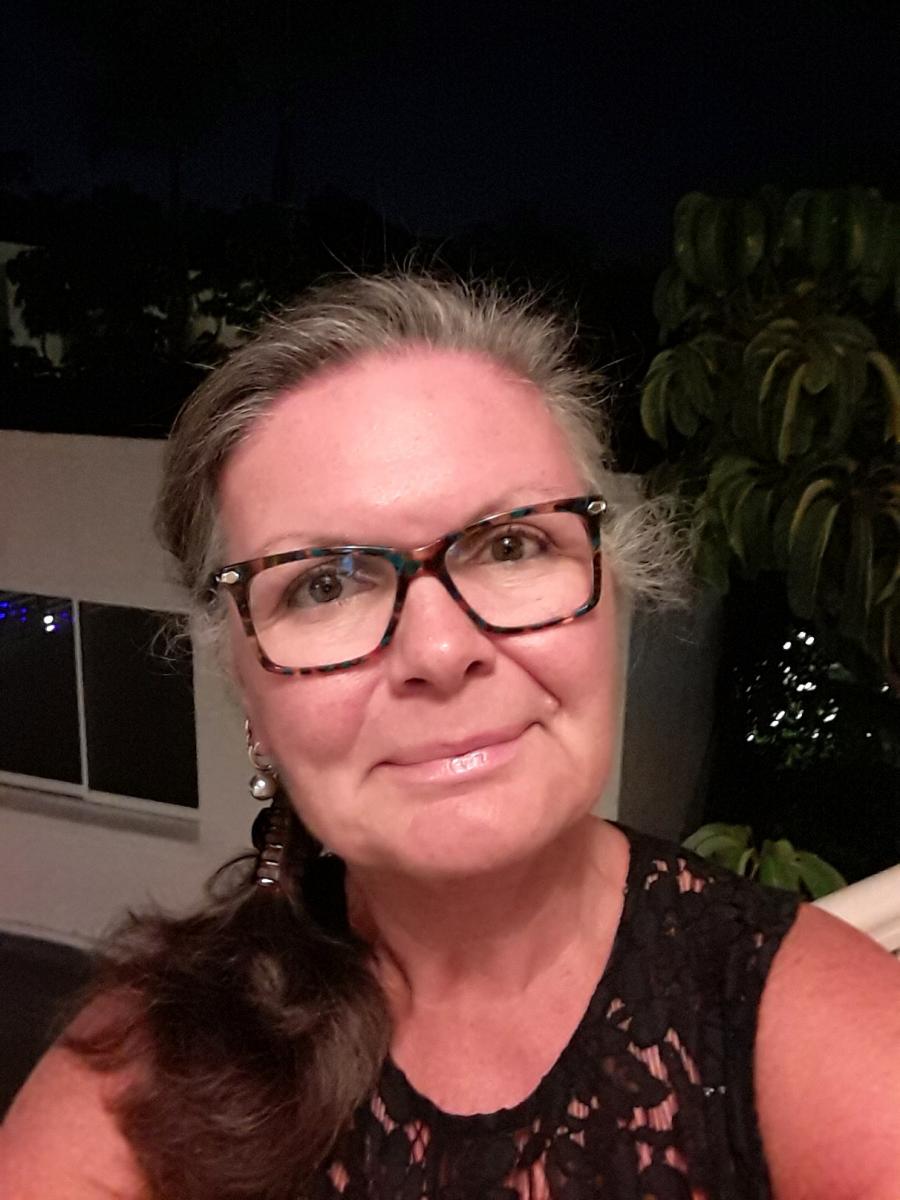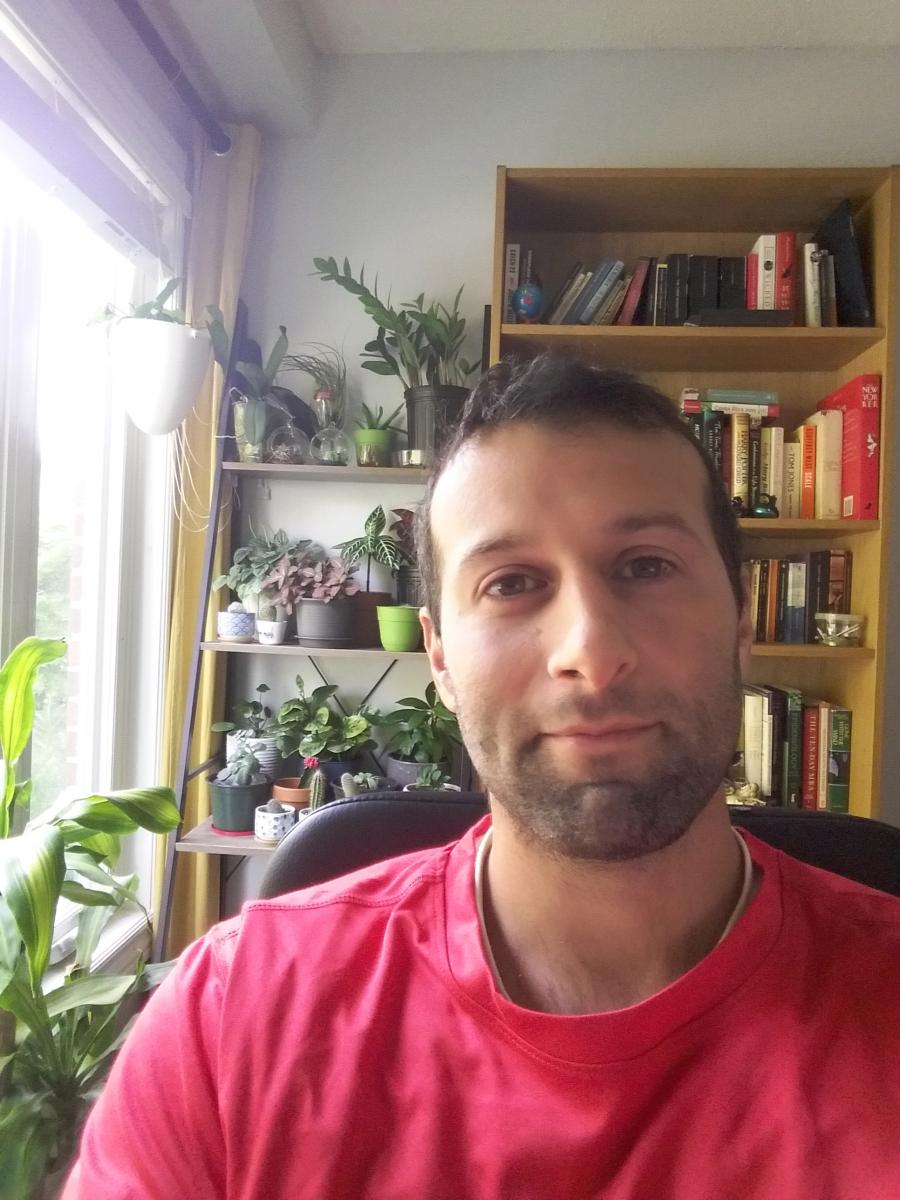

“What about me?”
That question started Marian Reich on the journey of living kidney donation 11 years ago.

It took a full year to complete the donation evaluation process before having the transplant surgery. “Unfortunately, in that time, Susan lost the option of a pre-emptive transplant and started dialysis for her kidney disease. I wasn’t fully aware that I had to be the driver of the process, and how to do that.”
As a living donor, it can be a significant commitment. The evaluation process and recovery take time, and there are out-of-pocket expenses. “There was also a lot to process intellectually and emotionally. But, for me, it was a small price to pay to give someone this gift. Having a better understanding of the whole picture would have been helpful while I was going through it.” Today, Susan is healthy with excellent kidney function.
In 2019, there were 219 living donor kidney transplants in Ontario. There are several advantages to kidney transplantation from a living donor compared to deceased. The transplant can be scheduled to better meet the needs of both the donor and recipient, and timed when the recipient’s condition is optimal to reduce the likelihood of complications. There is also superior patient and graft survival when a kidney is donated from a living donor.
Living kidney donation rates have remained stagnant over the last decade, and many potential living donors find the evaluation process to be lengthy and difficult to navigate.

Researchers from Lawson Health Research Institute and Western University, co-led by Dr. Garg, have published results identifying indicators to monitor and improve the performance of transplant centres in how efficiently they evaluate individuals interested in becoming living kidney donors. The findings appear in the current issue of CJASN.
The research team, which included Patient Partners such as Marian who co-authored the paper, surveyed 77 participants who were kidney transplant recipients and recipient candidates, living kidney donors and donor candidates, or health care providers and administrators.
Out-of-pocket cost incurred by donors is one of the most significant barriers to donation. Another challenge is the lack of reliable information about the expectations and requirements of the donation process. For example, the time commitment, nature of the testing and reasons for the tests performed.
The evaluation process takes on average 10 months to complete, requiring multiple visits to the transplant centre. The intended recipient’s health may deteriorate during this wait to the point they may no longer receive a transplant.
“By improving the efficiency of the process, more living donor candidates could complete the evaluation and more transplants performed,” adds Dr. Garg.
The study found a diverse set of quality indicators to measure the evaluation process, focusing on efficiency and safety to improve patient outcomes. They also identified a single measure tracking the costs of living donor evaluation from a health system perspective to assist with planning and budgeting.

For Marian, ten years later, she is still healthy and living a full life. “There are many people in Ontario who are living donors, whose lives have been unimpeded by this gift. We know that we have helped someone else. It truly is a gift of life because we know that kidney disease takes lives.” She encourages anyone interested in becoming a donor, whether for someone they know or as an anonymous donation, to speak with a living donor to learn more.
Marian believes the living donor evaluation should be consistent across the province, with a clearer process outlined for both potential donors and recipients. “Research studies like this one bring forth best practice and evidence-based information that includes the perspective of those with lived experiences.”
The research team will present the data to the Canadian National Living Kidney Donation Advisory Committee to help develop national guidelines.
“Some hospitals in other countries have started same-day testing, and there is one centre in Ontario that is piloting this approach as a way of vastly improving the evaluation process,” says Dr. Habbous. “Other potential improvement strategies include evaluating multiple living donor candidates concurrently for the same recipient or conducting some aspects of the evaluation virtually.”
The study was funded by the Can-SOLVE CKD Network, a Canada-wide initiative to enhance kidney disease research and care in partnership with patients. The Ontario-based team led by Dr. Garg is one of 18 Can-SOLVE CKD research groups across the country investigating issues such as earlier diagnosis, better treatments, and innovative care – all based on priorities identified by patients.